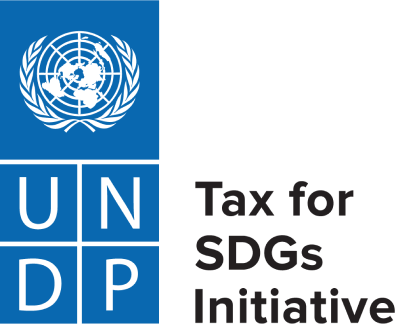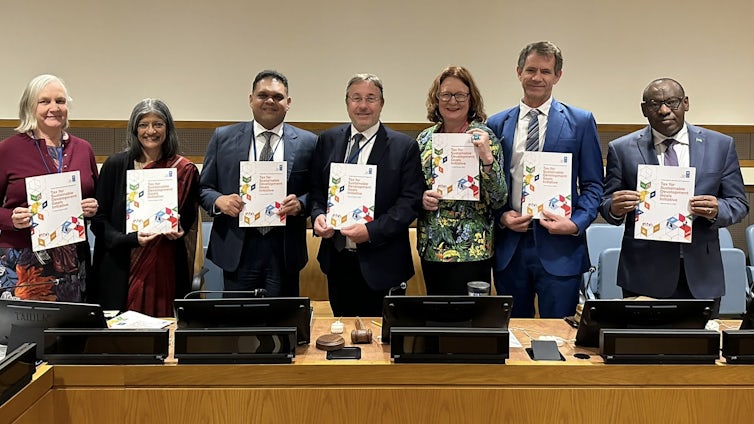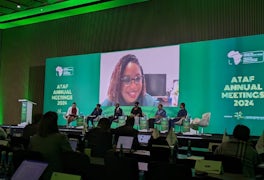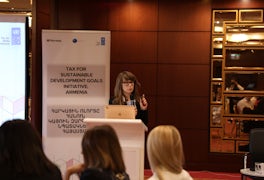Since its launch one year ago on the margins of the 2022 ECOSOC Financing for Development Forum in April 2022, the United Nations Development Programme's (UNDP) Tax for SDGs Initiative released its 2022 Annual Report at the 2023 ECOSOC Financing for Development Forum. The report highlighted the successes of the Initiative, towards addressing tax avoidance, evasion, and illicit financial flows, aligning tax and fiscal policies with the sustainable development goals, and incorporating the evidence and perspectives of developing countries into regional and international discussions.
Tax for SDGs 2022 accomplishments
Over the past year, the Tax for SDGs Initiative have identified 25 Focus Countries and signed five comprehensive Countries Engagement Plans (CEPs) for a two-year duration. A Tax for SDGs roster of tax experts was established, comprising 192 experts from 68 countries across the regions, with 34 percent being women. These experts would work across 15 thematic areas. Unique tax and SDGs-related methodologies (SDG Taxation Framework, Tax Expenditures and SDGs, etc.) and courses on tax and SDGs for academics, policymakers, and parliamentarians have been developed.
The joint OECD/UNDP Tax Inspectors Without Borders Initiative has implemented over 110 programs in 56 jurisdictions and contributed to $2.07 billion in additional tax revenue. In 2022, 14 new TIWB programs were launched.
The Tax for SDGs Initiative also organized wide-reaching events, strengthened key partnerships, and raised its global visibility. In April 2022, the Initiative's launch event drew over 700 participants, and the high-level Dialogue of Tax and SDGs in December had 210 attendees from 36 countries and 34 organizations. The Initiative has strengthened and built partnerships with various entities and held active engagements with national partners to advance its mission.
Key insights from the ECOSOC FFD side event
During the ECOSOC Financing for Development Forum side event, a high-level panel discussion on ‘SDGs and Taxation: Lessons Learned and Best Practices from the Ground’ emphasized the importance of sharing experiences and intensifying efforts towards policy solutions that steer tax systems towards accelerating progress towards the 2030 Agenda.
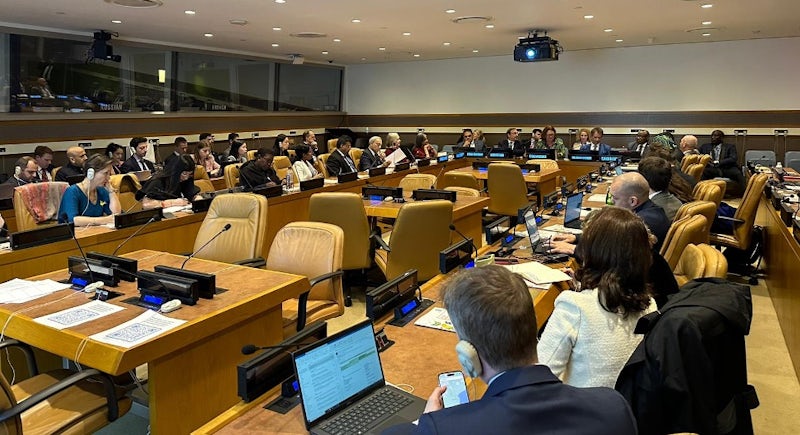
The side event was moderated by Ms. Bjorg Sandkjaer, the State Secretary of Norway Ministry of Foreign Affairs. She opened the event by emphasizing the significance of fiscal policies in generating tax revenues to finance the Sustainable Development Goals responsibly. Mr. Achim Steiner, UNDP Administrator, highlighted the centrality of taxation as a policy choice which is integral to development policy.
H.E. Neil Herman Reichenberg, highlighted the impactful work carried out by the Tax for SDGs Initiative, emphasizing how "UNDP in Eswatini is holding our hand when it comes to broadening our tax base". H.E. Claver Gatete emphasized the significance of taxpayers and how taxation, including who bears the tax burden, contributes to a country's development. “A progressive taxation system, that is fair and equitable, is essential to ensure that the burden of financing the SDGs does not fall disproportionally on the poor and the vulnerable,” remarked H.E Shenan Semasingha, Minister of Finance of Sri Lanka.
Professor Jayati Ghosh stressed the need to establish a global agreement on tax matters. Drawing from Finland's example, H.E. Riikka Laatu, Ambassador of Finland Ministry of Foreign Affairs emphasized the importance of fostering a robust social contract between governments and citizens through taxation, advocating for its promotion worldwide.
